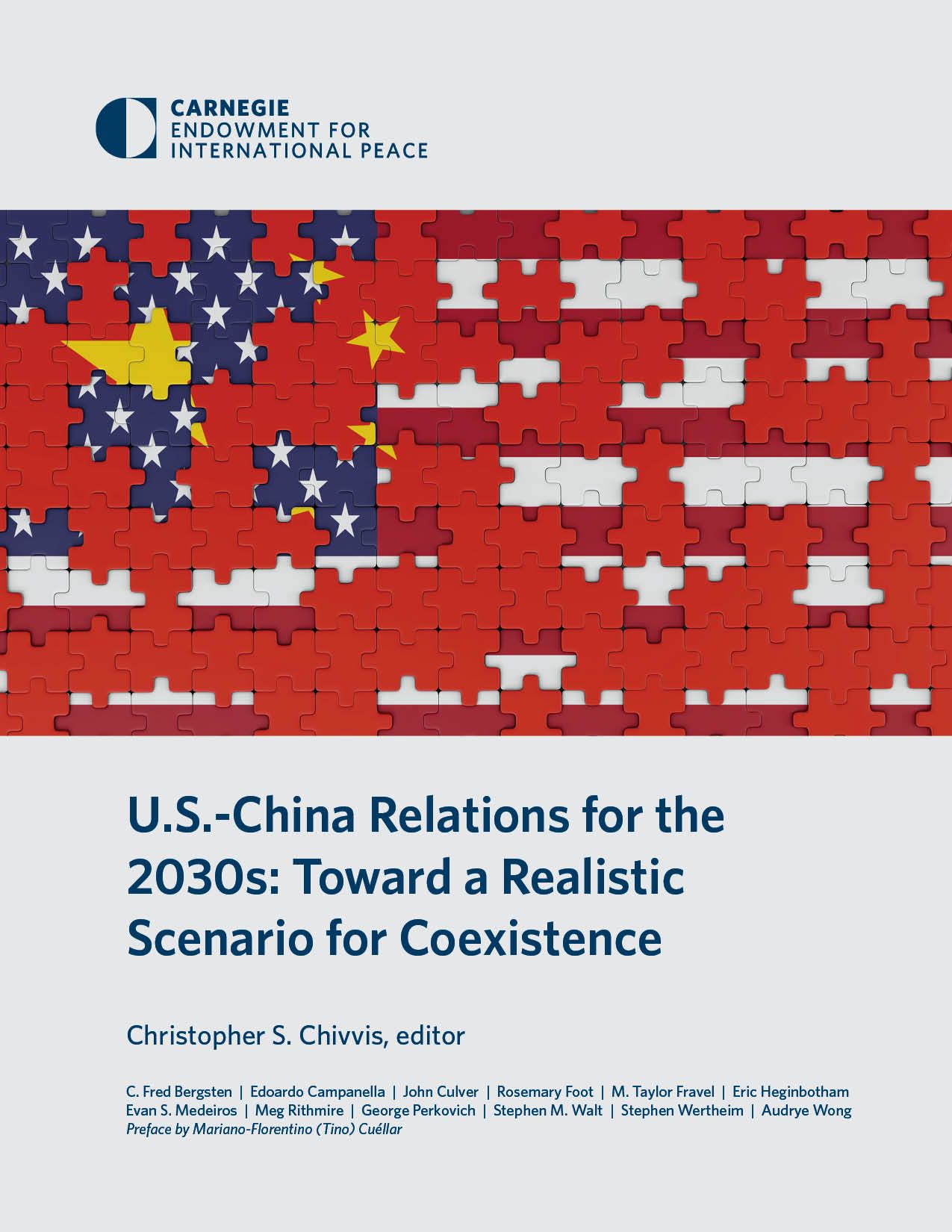
By Sanskriti Global Exports by Himanshu Gupta
India's BRICS Push: Navigating Trade Imbalances and the Path Forward for Indian Exporters and Importers
India's proactive stance at the recent BRICS summit, urging member nations to address persistent trade deficits, underscores a critical challenge for the nation's burgeoning import-export sector. While the specific details surrounding the discussions remain somewhat opaque, the underlying message is clear: India is seeking a more balanced and equitable trading relationship within the BRICS framework. This development comes at a time when global trade dynamics are already fraught with uncertainty, making it crucial for Indian businesses to understand the implications and adapt their strategies accordingly.
A Factual Summary of the BRICS Trade Discussions
Reports suggest that during the summit, India voiced concerns about its trade imbalances with several BRICS nations, most notably China. While the exact figures weren't publicly disclosed, India's persistent trade deficit with China has been a long-standing concern. The discussions within BRICS were further complicated by the broader context of global trade tensions, particularly referencing past US trade policies under the Trump administration. The underlying theme appears to be a collective effort by BRICS nations to foster a more balanced and predictable international trading environment, less susceptible to unilateral actions from major economies outside the bloc.
While details remain scarce, the emphasis on addressing trade imbalances within BRICS suggests a shift towards greater intra-bloc cooperation. This could involve exploring mechanisms to facilitate greater trade diversification, reduce reliance on specific markets, and promote fair competition. However, the practical implementation of these goals will likely face significant challenges, given the inherent complexities of international trade and the diverse economic interests of the BRICS nations.
Implications for Indian Import-Export Businesses
The ongoing discussions within BRICS have significant implications for Indian import-export businesses. Here's a breakdown of key considerations:
- Increased Scrutiny on Bilateral Trade: Expect a greater focus on bilateral trade agreements and negotiations within the BRICS framework. This could lead to more rigorous monitoring of trade flows and potentially impact customs procedures and regulations. Indian businesses need to be prepared for increased transparency and accountability in their cross-border transactions.
- Opportunities for Diversification: The push for a more balanced trade relationship within BRICS could present opportunities for Indian businesses to diversify their export markets. Focusing on products and services with higher demand within other BRICS nations can mitigate dependence on specific markets and reduce vulnerability to trade imbalances.
- Enhanced Intra-BRICS Trade Facilitation: BRICS nations might explore initiatives to streamline customs procedures, reduce bureaucratic hurdles, and improve logistics infrastructure to facilitate smoother intra-bloc trade. Indian businesses should actively seek information on such initiatives and leverage them to enhance their competitiveness.
- Need for Strategic Partnerships: Collaborating with businesses in other BRICS nations could be crucial for success. Joint ventures, strategic alliances, and technology transfer agreements can create synergies, improve access to markets, and mitigate risks associated with trade imbalances.
- Greater Focus on Value Addition: To address trade deficits effectively, India needs to focus on enhancing the value-added component of its exports. This requires investment in research and development, technological upgrades, and skill development to produce high-value goods and services that are in greater demand globally.
- Regulatory Compliance: Staying abreast of evolving trade regulations within BRICS and globally is paramount. Businesses need to ensure their operations are compliant with all relevant rules and regulations to avoid penalties and maintain a strong reputation.
- Risk Management: Fluctuations in global trade dynamics and currency exchange rates can significantly impact profitability. Implementing robust risk management strategies, including hedging and diversification, is crucial for mitigating these uncertainties.
Conclusion
India's appeal to BRICS partners to address trade imbalances represents a significant development for the country's import-export sector. While the long-term outcome of these discussions remains to be seen, the emphasis on greater intra-bloc cooperation and a more balanced trading environment presents both challenges and opportunities for Indian businesses. Proactive adaptation, strategic planning, and a keen understanding of the evolving global trade landscape will be essential for Indian exporters and importers to navigate these changes and capitalize on the potential benefits.
The focus should now shift towards concrete actions, including the development of practical mechanisms for trade facilitation, dispute resolution, and the promotion of fair competition within the BRICS framework. Indian businesses must actively engage in these processes, advocate for their interests, and contribute to building a more balanced and sustainable global trading system.
Source: Original